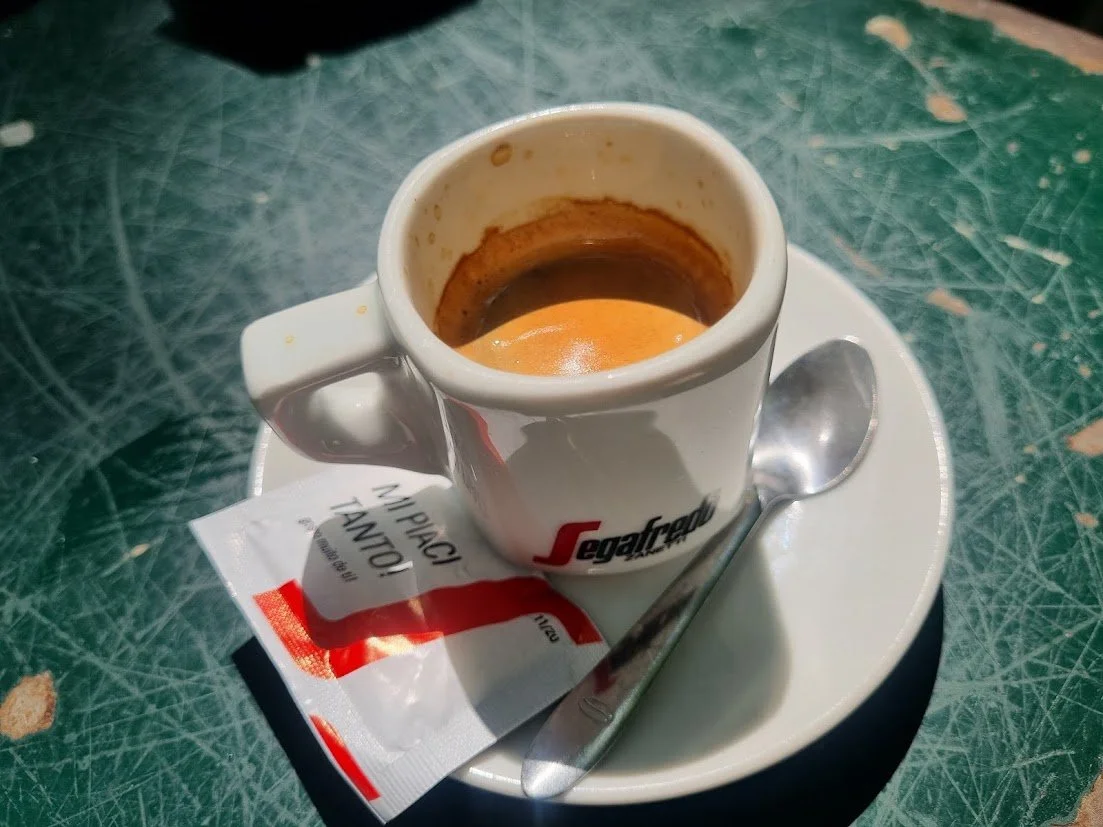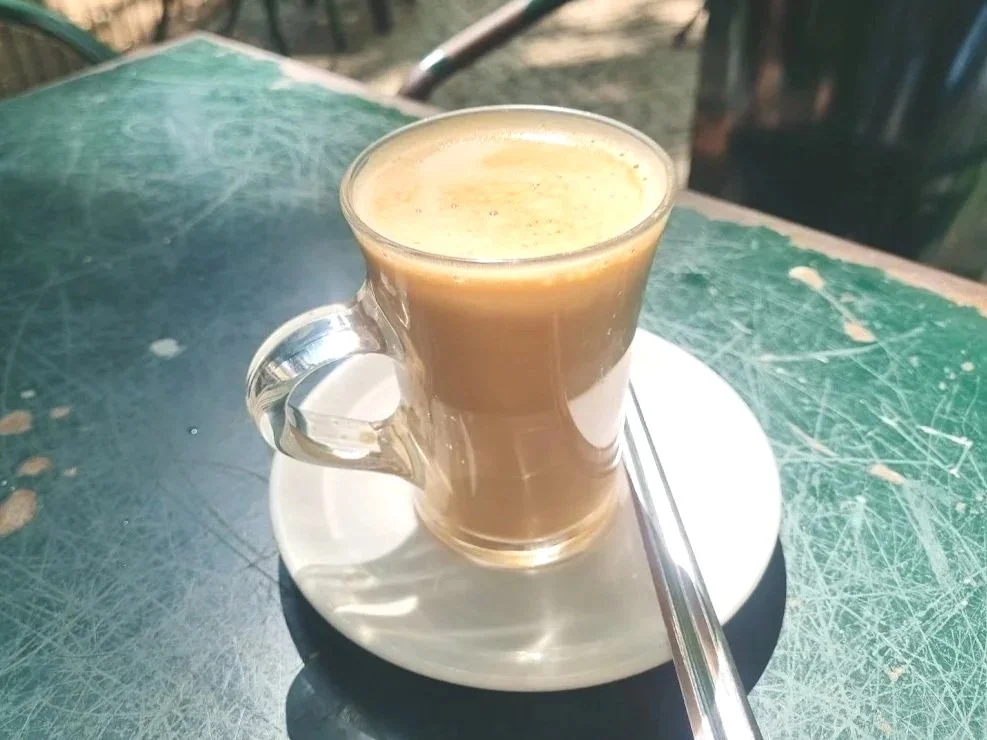Portuguese Coffee Guide
Like much of southern Europe, coffee is tightly woven into the fabric of everyday life. Lisboetas drink it from waking, alllll through the day until 10 or 11 pm after dinner, with not a thought given to the pre-sleep caffeine hit.
You can divide the current coffee culture in Lisbon roughly into to 2 segments: The pastelerias, snack bars and quiosques, which are cheap and traditional, vs modern cafes which will be a bit more like what you’re used to if you’re from countries such as the U.K, Sweden or Australia.
I have an ongoing quest across the city for my fave cuppa from the modern, often expat-run coffee shops, which you can find here.
However it is Bestie code to go local whenever possible, especially if you’re an espresso drinker. To make it less daunting, I have put together this quick guide of the most typical coffees.
Uma Bica– If you ask for “um café / a coffee”, you will get a bica, (bee-ka) which is an espresso. By far the most typical coffee in Portugal, you’ll fit right in with the locals. It is also the drink to have after a meal.
Um Café Duplo – A double bica/espresso. (interestingly, Portugal is one of the few countries that say “eXpresso” instead of espresso, which annoys Italian speakers to no end).
Um Abatanado – If you want a slightly longer black coffee (kind of similar to an Americano but shorter).
Um Café Pingado – A bica with a drop of milk. The Portuguese macchiato.
Uma Bica
Uma Meia de Leite – You’ll sometimes hear it being compared to a latte, but we think it’s is closer to flat white. (Cappuccinos a regular order here also.)
Uma Meia de Leite
Um Galão – A larger, milky coffee. Like a [weak] latte, served in a tall glass.
Um Mazagran - If you fancy your caffeine hit on ice. With its roots in Algeria, ask for a mazagran and you’ll get the perfect chilled coffee, ideal for a hot day. Often with a twist of lemon that somehow totally works.
Um Galão



